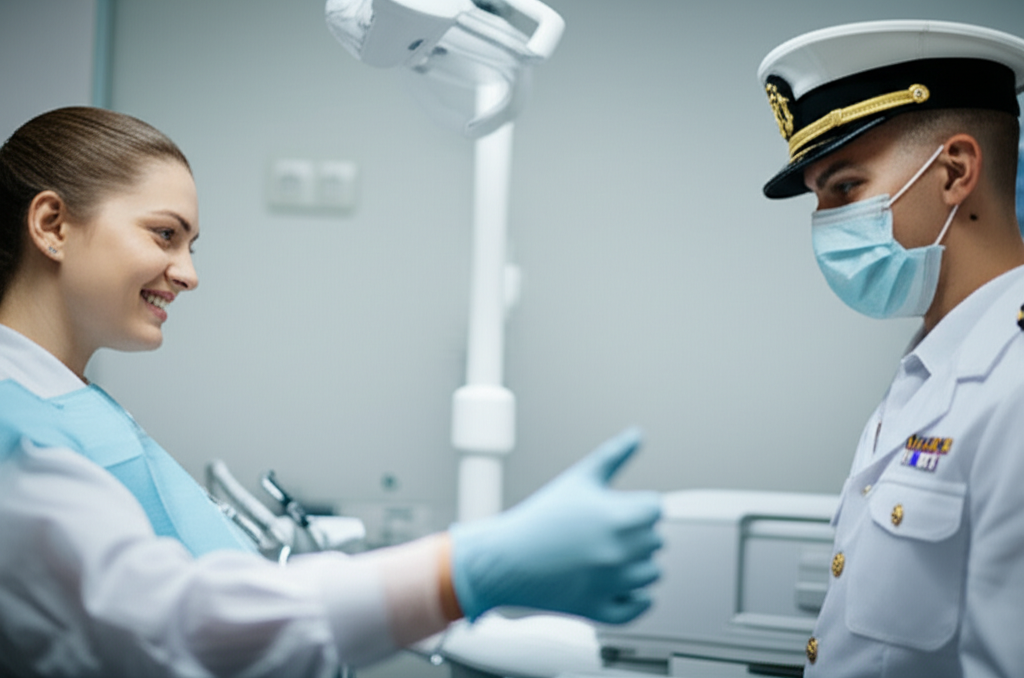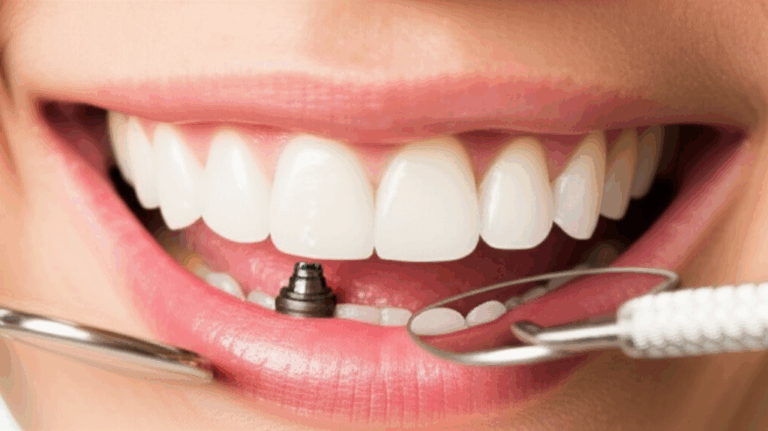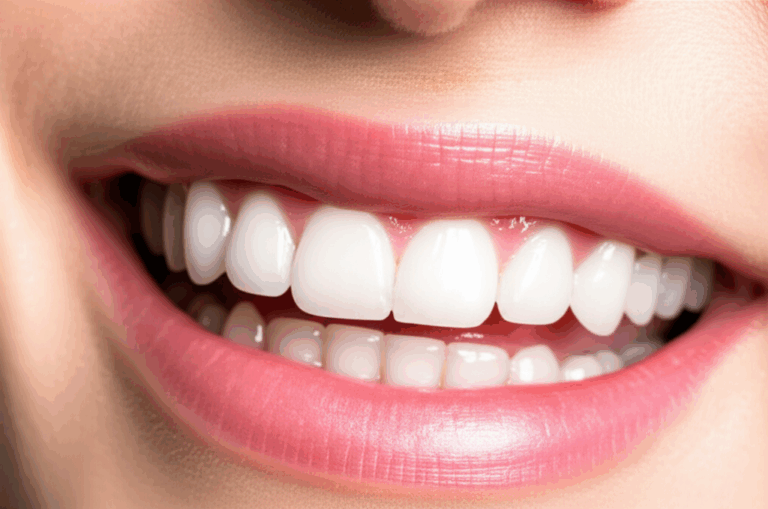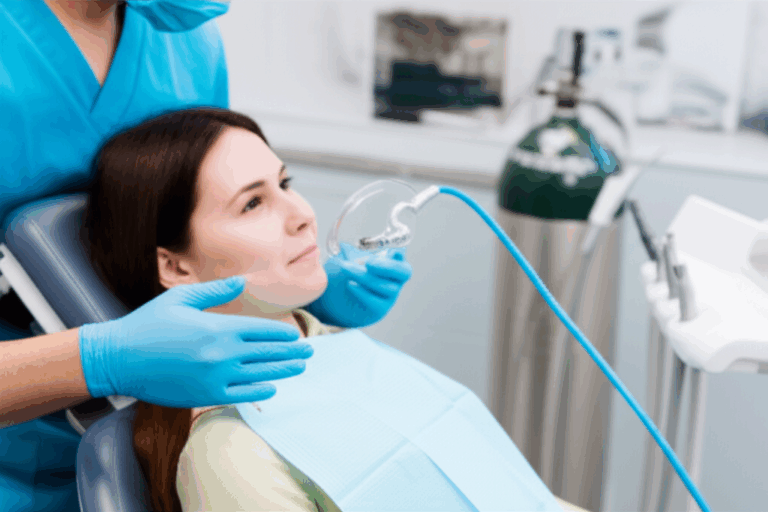
How to Become a Navy Dentist: Your Complete Guide to a Fulfilling Military Dental Career
Want to put your love of dentistry together with a sense of serving your country? Becoming a Navy dentist might be just what you’re looking for. In this article, I’ll show you every step you need to take, talk about the benefits, give you some insider tips, and tell you what life is really like as a Navy dentist. You’ll find out why people pick this path, what the requirements are, and what to expect if you decide to wear the uniform. Don’t miss this guide—your future patients (and maybe the U.S. too) will appreciate it!
Table of Contents
What Does a Navy Dentist Do?
Think about waking up every morning, putting on your Navy uniform, and heading to help sailors, Marines, and their loved ones stay healthy—not in a normal dentist office, but anywhere the Navy sends you. Navy dentists do way more than just fill cavities or clean teeth.
Navy Dental Corps officers give care on bases, on ships, in mobile offices, and even in tents during relief missions. I once saw a dentist fix a tooth right on a hospital ship! A big part of your job is making sure everyone is ready for duty and won’t have dental problems while deployed. You’ll treat teeth, teach and guide dental staff, run clinics, and lead new dentists.
The Dental Corps also has many specialists. If you like something tough, you can become a surgeon, orthodontist, periodontist, or work in dental public health. Your work goes way past normal checkups.
Why Become a Navy Dentist?
You might ask, “Why join the Navy instead of just opening my own dental office?” Good question.
Dental school costs a lot. A lot of dental grads finish with loans big enough to buy a new car or even a small house. The Navy changes that. With programs like HPSP, the Navy can pay for your school, give you a monthly allowance, and even pay for your books and tools. Your debt worries can disappear.
But it’s about more than money. Serving in the Navy lets you:
- Lead teams and run offices when you’re still young
- Go see the world (Hawaii, Italy, Japan, or at sea!)
- Join in helping with disasters and relief trips
- Use modern tech and get good training
You’ll also get full Tricare health and dental coverage for you and your family, earn a good salary, and save for retirement with the Blended Retirement System. And you’ll be proud wearing those officer stripes.
Who Can Become a Navy Dentist? Requirements & Qualifications
Now for the details. Not everybody can join; there are a few boxes you have to check.
Education:
You must have a bachelor’s degree (science majors are helpful but not needed) and a Doctor of Dental Surgery (DDS) or Doctor of Dental Medicine (DMD) from a CODA-accredited dental school.
Age & Citizenship:
You must be a U.S. citizen (no exceptions) and usually be under 42 years old when you start active duty (sometimes waivers for older dentists).
License:
You need a current, active dental license from any U.S. state.
Medical & Physical Fitness:
Like every sailor and officer, you have to pass a full medical exam and meet Navy fitness rules. If you can jog and do some push-ups, you’re probably fine, but you should get ready.
Background Checks:
You’ll need a security clearance. That means a background check, so be honest!
How Do You Join the Navy Dental Corps? Paths and Programs
There’s more than one way to become a Navy dentist. The Navy has a few paths depending on where you are in your schooling or career.
- Health Professions Scholarship Program (HPSP): For people about to start or already in dental school. The Navy pays your tuition and gives you a living allowance; you serve after graduation.
- Direct Commission Officer (DCO) Program: For licensed dentists who are working and want to join the Navy almost right away.
- Other Programs: If you’re going to the Uniformed Services University of the Health Sciences (USUHS) or in another student program, your way will look a little different, but the main idea is the same.
Let’s look at these more closely.
What is the Health Professions Scholarship Program (HPSP)?
The Health Professions Scholarship Program is a great way to go if you haven’t started dental school or you’re still a student.
Problem: Dental school is really expensive, and worrying about debt distracts you from learning.
Agitate: Imagine spending years thinking about loans, having less time to focus on your patients, and feeling stressed about money at home.
Solution: HPSP gets rid of those worries. The Navy pays all your dental school tuition, gives you a monthly check (about $2,700 in 2024), and pays for books, supplies, and some fees.
You:
- Apply while you’re still a student or about to start dental school
- Compete with other applicants based on grades, DAT scores, and interviews
- If you get picked, you owe one year of service for each year of support (usually 3–4 years)
- Serve as a dental officer after you graduate
You also get officer training before your first duty spot, so you’ll know what to do, how to salute, and how to wear your uniform.
What is Direct Commissioning for Dentists?
Already working as a dentist and thinking of a change? The Direct Commission Officer program is for dentists with the right license who want something new.
- You must have a DDS or DMD from a CODA-accredited school.
- You must have an active dental license.
- You need to pass the health exam and security check.
You’ll go to Officer Development School (ODS), which is five weeks of training for officers (not at all like normal boot camp). Here, you learn Navy leadership, customs, and how to act as an officer.
After that, you start as a Lieutenant (O-3), which is a pretty good jump in pay compared to someone just finishing school in the private world. You might get bonus money if you have experience or a specialty.
Some dentists do an Advanced Education in General Dentistry (AEGD) or General Practice Residency (GPR) first. Others start working in a Navy clinic, overseas, on a ship, or on relief missions.
What’s the Navy Dentist Application Process Like?
It starts by talking to a Navy Medical Recruiter. This person will help you with the paperwork, the forms, and checking off every requirement.
Here’s a simple step-by-step:
When I did this, I was surprised at how friendly the recruiters were. If you stick to it, you’ll get through.
What is Officer Development School (ODS)?
Once you’re accepted, you need to train. That’s where Officer Development School (ODS) in Newport, Rhode Island comes in.
Don’t worry—it’s not harsh basic training. ODS is five weeks meant for doctors and dentists. You’ll learn:
- Leading and working with teams
- Navy customs and rules
- Some physical fitness
- Simple emergency training and military basics
It goes fast, but it’s helpful. When you finish, you’ll feel ready for any Navy dental job, in a clinic or out at sea.
A tip: wear in your shoes before you go, and do some jogging ahead of time. You don’t want to run out of breath during PT!
What’s Life Like as a Navy Dentist?
This is where things get pretty interesting—and sometimes a bit unpredictable in cool ways.
Where You’ll Work:
You might work in a modern dental clinic in the U.S. or in another country. Some dentists serve on aircraft carriers, hospital ships, or go on helping trips to countries many people never see. You could help patients on the other side of the world and meet lots of different people!
What You’ll Do:
Your main job is keeping sailors, Marines, and families healthy for duty. You’ll do cleanings, checkups, fillings, teach new dentists and dental techs, and make sure everyone can be deployed.
Specialties:
The Navy lets you train for jobs like oral surgery, orthodontics, periodontics, prosthodontics, and dental public health. Many dentists do an AEGD or GPR after finishing school—a great head start for your career.
Pay and Benefits:
- Good pay (plus BAH and BAS—extra money for living and food)
- Tricare health for you and your family
- Retirement plans, including the Blended Retirement System
- Ongoing training with new dental tools and tech
- No big loans if you did HPSP (you finish school debt-free!)
Work-Life Balance:
It’s not always a regular 9-to-5 job. Sometimes you’ll travel, be sent to sea or far-away places, and work odd hours. But the Navy knows doctors need time off—there are support programs and set work times for most.
Want to see new dental technology in action? Take a peek at this digital dental lab to check out some cool ways dentists work today.
What Happens After You Leave the Navy? Civilian Options
Everything ends someday. When your time in the Navy is done, you’ll have lots of options.
- Open your own practice, join a group office, or teach young dentists.
- Maybe you’ll go for a new specialty or work in public health.
- You can use Veteran Affairs (VA) loan benefits to buy a house, use the G.I. Bill for more school, and get health care support.
Most bosses love hiring Navy dentists because they’ve got solid leadership, flexibility, and work experience.
Want to know more about civilian dental tools and support? See how a china dental lab helps dentists help more patients—even outside the Navy.
FAQs
How long do you have to serve as a Navy dentist?
Usually, you owe four years of active service for four years of HPSP support. Some direct commission dentists may serve for three or more years, depending on contracts.
How much do Navy dentists get paid?
You start as an officer (O-3 or Lieutenant) and get basic pay, plus housing and food money. That’s about $5,000 to $5,500 a month in 2024, plus extras.
What dental specialties are available?
Navy dentists can do general practice, oral surgery, endodontics, orthodontics, periodontics, prosthodontics, and public health. You also might do AEGD or GPR.
Will I have to deploy if I join the Navy Dental Corps?
Most likely yes. Navy dentists work on ships, at overseas bases, or on trips to help others. Deployment is just part of the job—get ready to travel!
Can international students become Navy dentists in the U.S. Navy Dental Corps?
No, you have to be a U.S. citizen with an American dental degree and U.S. state license.
Bullet Point Summary: Key Things to Remember
- Navy dentists help sailors, Marines, and families stay healthy at home and around the world.
- The Health Professions Scholarship Program (HPSP) pays for dental school, gives you a living allowance, and covers books, if you serve after.
- You must be a U.S. citizen, have a dental degree from an accredited school, a state license, good health, and meet age and fitness rules.
- Navy dentists earn good pay, get solid medical benefits, modern training, and can grow their careers fast.
- After service, you’ll have great work skills, no debt from loans, and lots of job options outside the Navy.
- Curious about top-level dental work? Check out a crown and bridge lab or see how a 3d dental lab does things for dentists today.
- The joining process is simple when you start with a Navy Medical Recruiter who helps every step.
- ODS training gets you ready to be an officer and a leader.
- Navy dentists get chances to specialize, travel, and serve—and don’t start their career with giant school loans!
- When you finish your service, your experience and leadership will open even more doors.








